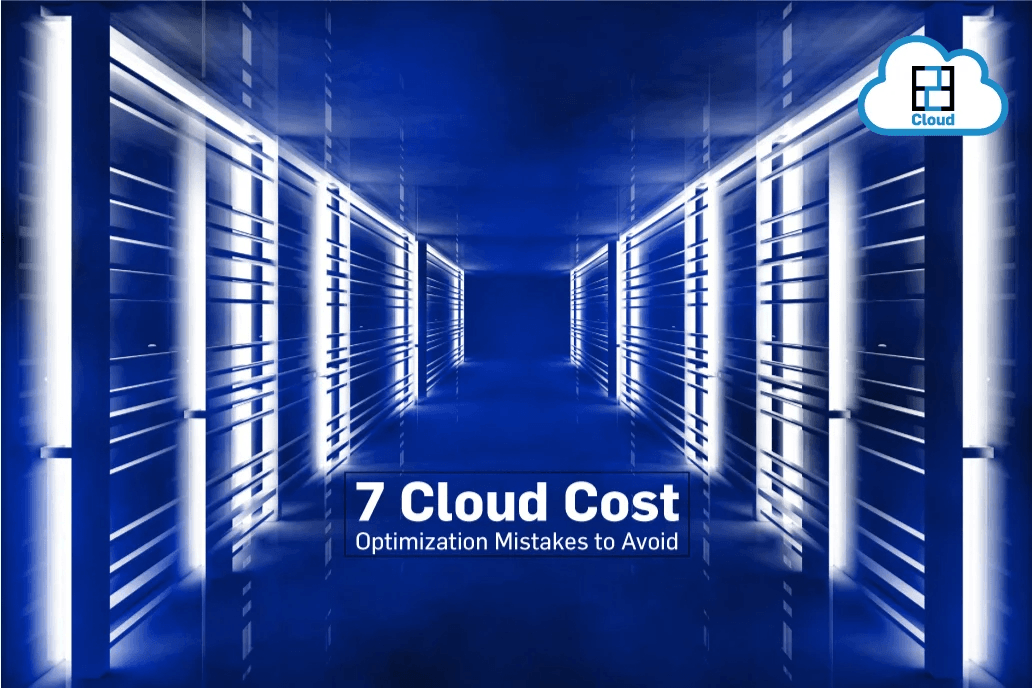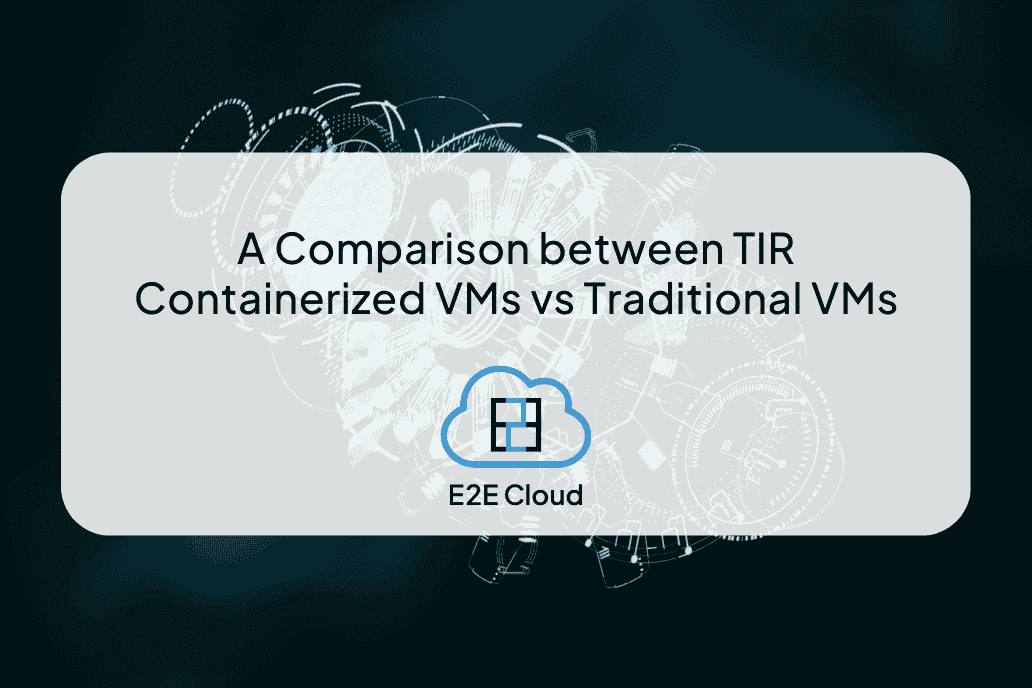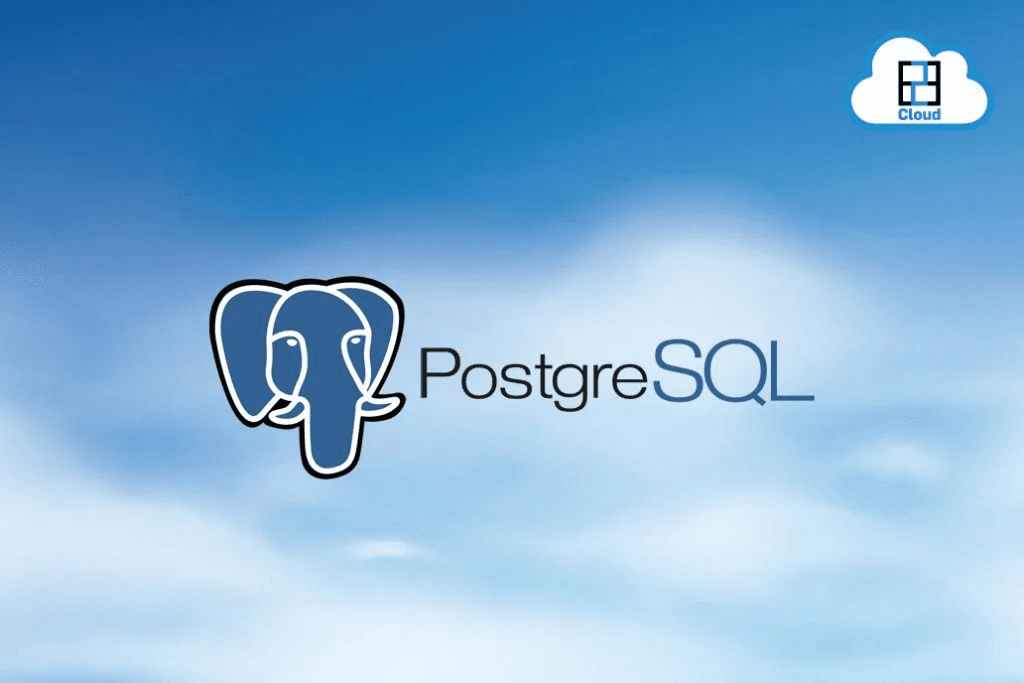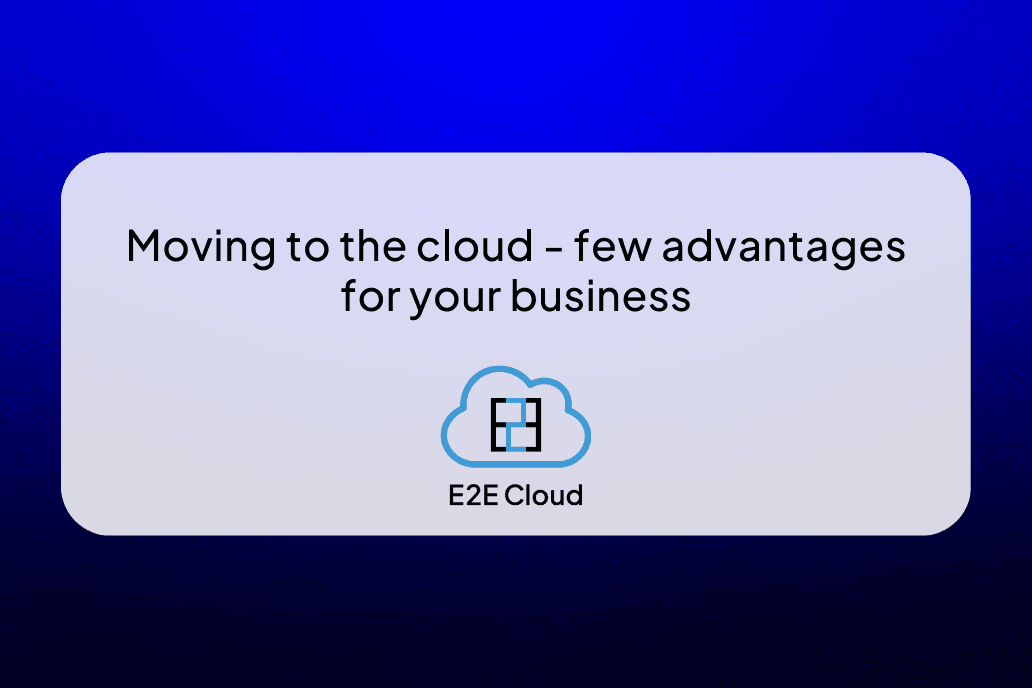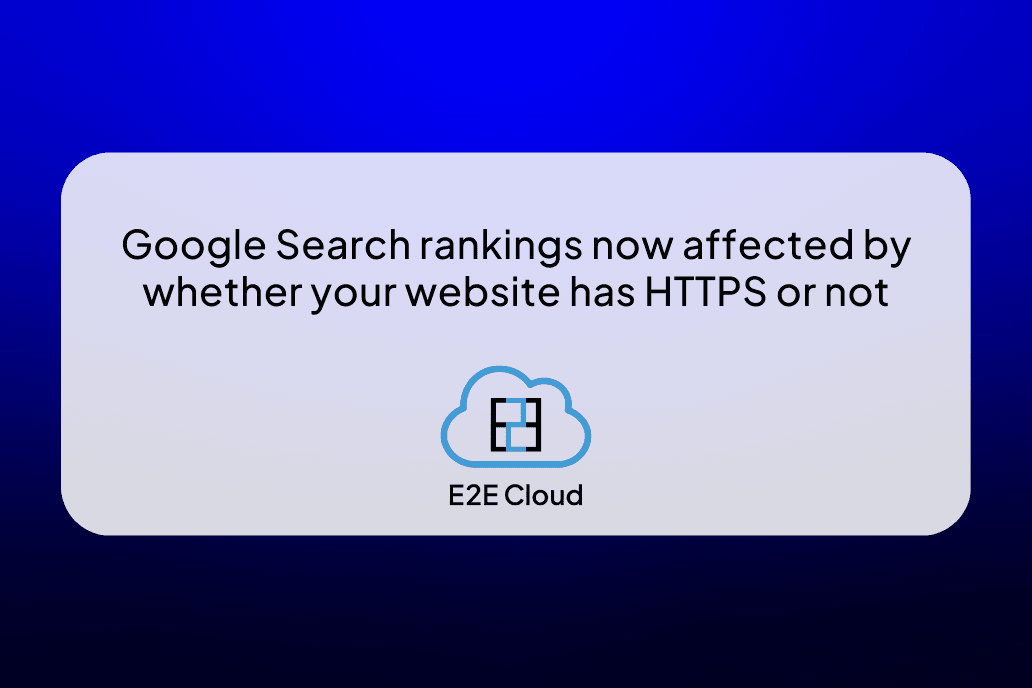
7 Reasons for Migrating from On-Premise to a Public Cloud
Cloud computing is the basic technology that every big company endorses. A large portion of the IT industry is investing heavily in the development of cloud computing infrastructure. Cloud computing allows an organisation to store a massive amount of information on data servers rather than on-premise.
In this article, we will focus on seven big reasons why this is the right time to migrate from on-premise to cloud computing. It is crucial since cloud computing enables you to do large-scale business at lower costs while improving the data-based service quality. But before going deep into the benefits, let us have a clear idea about cloud computing.
What is Cloud Computing?

Cloud computing refers to the delivery of various internet-based services. These resources generally include tools and applications like data storage, servers, databases, networking, and other software. The highlighting factor of this technology is the files or information are not stored on a single local drive but rather on cloud-based storage, such as a remote database. Devices connected to the web can easily access that data from anywhere at any time.
What is a Cloud-Hosted Virtual Machine?
A cloud-hosted virtual machine or desktop is basically an emulated environment (unlike your physical desktop or workstation), which is present on the cloud servers to provide data safety and easy connectivity. Several cloud providers use this approach to provide cheaper and more efficient computing services to other growing organisations or business owners. This process can save money, valuable time, and reduce day-to-day hassles.
The Underlying Workflow
A virtual cloud-based machine is a particular part of the larger high-speed data servers. As a user, you can utilise a small section of that big supercomputer; enjoying a section of its processing power and GPU. It helps to keep the information secure and maintain a centralised structure. All you need is an active internet connection, no matter where you are. It will make you feel that you are working on your own machine but a virtual one. It is faster, more secure, and more reliable than conventional local PCs.
7 Key Benefits of Switching from On-Premise to the Cloud
1. Reduced resource expenditure
One of the significant reasons why cloud-based services are preferred over on-premise is because of its cost-saving capabilities. Since it is a centralised one and hosted on large servers, scalability becomes easy, and more number of services are hosted. It ultimately reduces the overall cost for individual hostings. The cloud hosting market is worth almost 150 billion US dollars in 2020.
2. Data security

Local PCs or workstations are prone to cyber-attacks and unforeseen data breaches. Such is not the case for centralised data servers. These huge servers are basically super-computers backed by both industry level hardware and software-based security protocols. These provide higher levels of data integrity. This type of security is possible only because this technology is backed by large scale investments by IT experts and skilled engineers. More than 400 million US dollars have been invested in data security by international firms in 2020. In addition to that, cloud-based security services will generate global revenue of almost 7.2 billion US dollars.
3. Connectivity and availability
The purpose of cloud computing is to keep users connected to their services through the internet that enables them to work on them anytime and anywhere. Users can access files from any connected device. It greatly increases connectivity and reduces the risk of data being stored on any computer.
4. Reduced data loss
User data is continuously backed-up in secondary storage devices inside the servers only. Plus, data backup also provides security from ransomware or malware attacks saving loads of monetary resources.
5. Increased deployment speed and agility
It only takes a few hours or days to deploy any online services. This type of speed and agility of the cloud computing approach helps to boost engagement and revenues for any cloud-based service. Time is saved for any planning, building, and implementing of IT infrastructures.
6. Easy organisational collaborations
Cloud computing directly means inter-connectivity between providers, users, and services. This enables employees or firms from different parts of the world to collaborate on a single project or service. Any update on the projects are synced across the cloud and are available to everyone who is using it. Thus, records are maintained in real-time. Easy collaboration is encouraged.
7. Unmatched efficiency
Migrating to cloud-based solutions have many upsides such as less power requirements, less space requirements, lower expenses on hardware and software resources, increased data security, and many more. It helps to build a better functioning business enterprise. 60% of organisations make use of cloud technology to store confidential data.
Wrapping up
Cloud computing is the present and future of this data-backed industry. 90% of IT companies use some type of cloud service. Thus, adopting the latest technology always helps an organisation to stay future proof, and gain in the long run. It is not ideal to use old on-premises architecture for your cloud-based service and expose your organisation to various unforeseen vulnerabilities. It is always good to seek expert advice from professional and well known IT consultants before taking important decisions such as the ones discussed above. But it is of no doubt that cloud computing has to be embraced for making success in the coming future.
For free trial click here:- http://bit.ly/3jKIH4v
